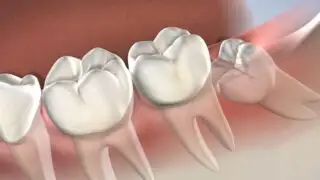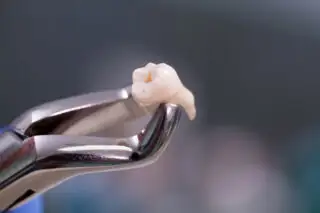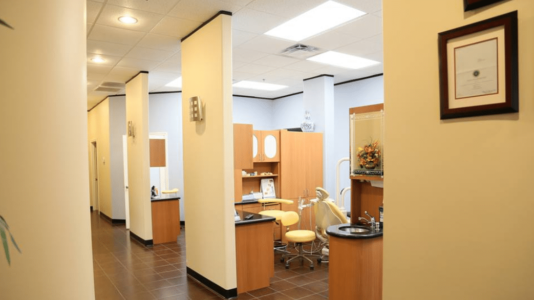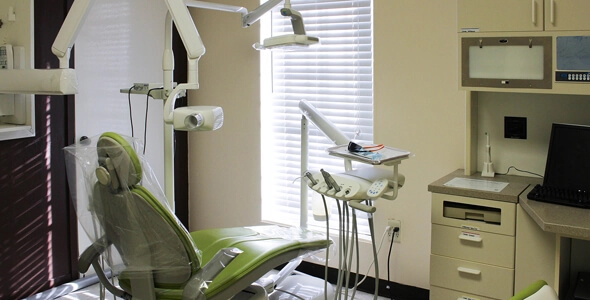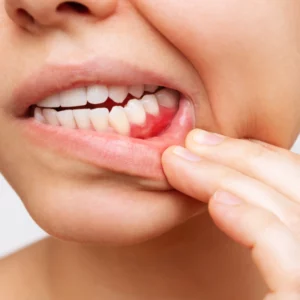According to NCBI, third molar or wisdom tooth extraction is among the most common procedures when it comes to oral surgeries. Every year, ten million teeth are extracted from an estimate of 5 million people in the United States— alone.
Best dentist in Houston TX suggests that the underlying reasons could be many, including dental crowding, caries, periodontal defects, pericoronitis, odontogenic cysts, and the distal surface of second molars. While pain, swelling, and discomfort during tooth extraction are a given and very common, you can have a better overall experience.
So, you may or may not fall in this category, but awareness is required whether you are getting your wisdom tooth extracted or getting it treated due to cysts. With the following tips, you can prevent the progression of (normal)side effects of the procedure.
But first, let’s touch upon this rather sensitive element of dentistry.
Houston Dentist on what you need to know about Wisdom Teeth
Should wisdom teeth be removed or not?
That entirely depends on your mouth and its condition. Misalignment, damage, or overcrowding could be among the prior reasons behind wisdom tooth extraction. Impacted wisdom teeth is another reason since it later becomes a hub of further infection. These reasons call for tooth extraction. However, a wisdom tooth does not necessarily need to be removed.
How do you know if you have wisdom teeth?
There are some tell-tale signs like-
- Swollen jaw and gums.
- Constant pain in the jaw.
- Foul taste and odor in the mouth.
- Tender and bleeding gums.
- Difficulty in chewing food, moving, and opening your mouth.
What happens if you never get your wisdom teeth pulled out?
According to A Dental Care Houston, there is no choice. Either you will be suggested to get a wisdom tooth extracted or you will be operated for something worse. If the wisdom tooth is not removed in time, it could result in crooked teeth, overcrowding, or an impaction.
Can wisdom teeth come at 30?
Wisdom teeth erupt late and yes, as late as 30. In most cases, they erupt by the age of late teens and if not, definitely before the age of 25. However, there could be a rare case of fully or partially erupted wisdom tooth at or after 30.
Is wisdom tooth removal painful?
Although, people hardly ever complain of pain because the affected area would be numb. However, if the pain is felt during the procedure, more anesthetic can be given on request.
Let’s get on with tips to help you ease the effects post wisdom tooth extraction procedure.
Best Dentist in Houston on Wisdom Tooth Extraction Recovery Tips
Ice it
As soon as you are done with the procedure make sure to ice the jaw and face for the first 48 hours as much as possible. Ice the treated site for 15 minutes and leave for 20 minutes and repeat the process. It will help with the swelling and bruising.
Stock your Kitchen
This needs to be done before the procedure. Ask your dentist about the tooth-friendly diet after wisdom tooth extraction that you can stock up on. Although the best foods to keep handy would be soups, broths, ice creams, and yogurts. Still, depending on your case, you might be suggested supplements or additional food items. That being said, skip alcoholic and caffeinated beverages for a week after the procedure.
Plan it well
Wisdom tooth extractions are not your regular dental treatments. Therefore, make sure to consider it as surgery and act accordingly. Leave on time, do not rush, and make sure to take someone along with you since it would be best not to drive on your own.
Be gentle with the gauze pad
A gauze pad is given for you to bite down after the procedure to stop the bleeding. It helps in forming blood clots faster which is vital in recovery. But make sure to bite gently as it could also reopen the wound. Bite down on the gauze pad for five minutes, gently, though.
Do not take medicine without supervision
Pain is inevitable, and if there is anyone who knows it well except you, is your dentist. Therefore, it would be best to follow your dentist’s pain medication prescription only. Although Advil is best for pain relief it would be best to take it only with your dentist’s permission.
Rest well
The Best dental care is probably the simplest. Postpone all your appointments and meetings. Resume them all a day after the procedure but make sure your rest well after and more importantly, before your procedure. A night of good nine-hour sleep is suggested before the procedure results in reduced bruises and swelling, and faster healing.
There you have it; the right information straight from the experts. Things do not have to be challenging and be controlled by the above-mentioned tips by the best dentist in Houston TX.



